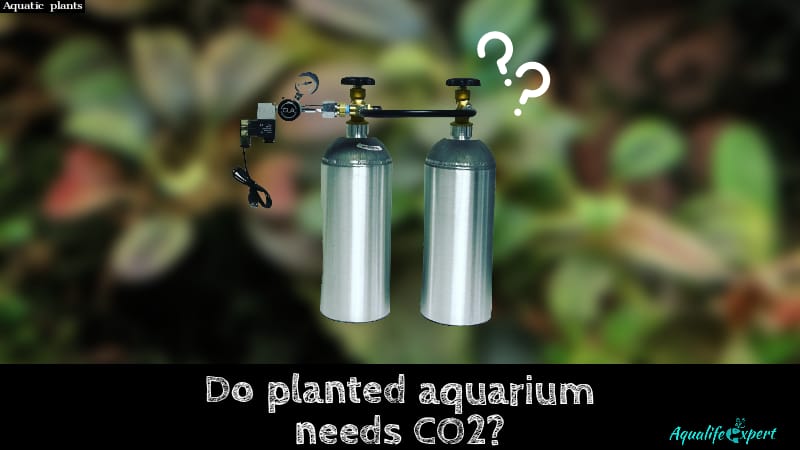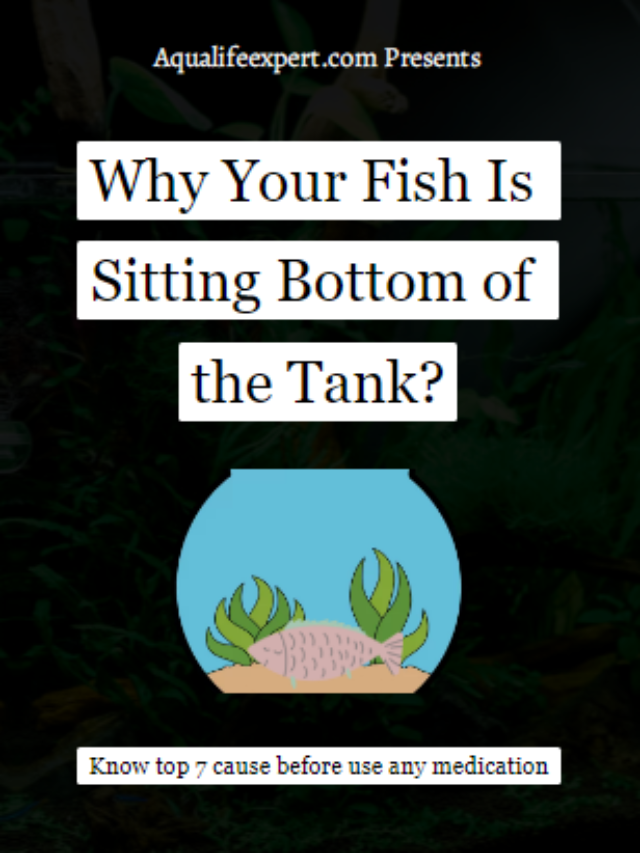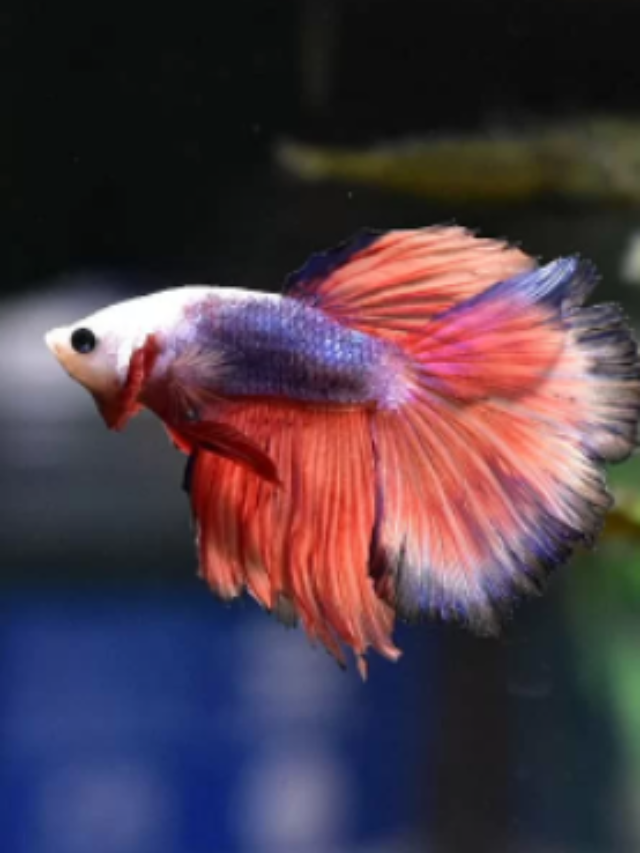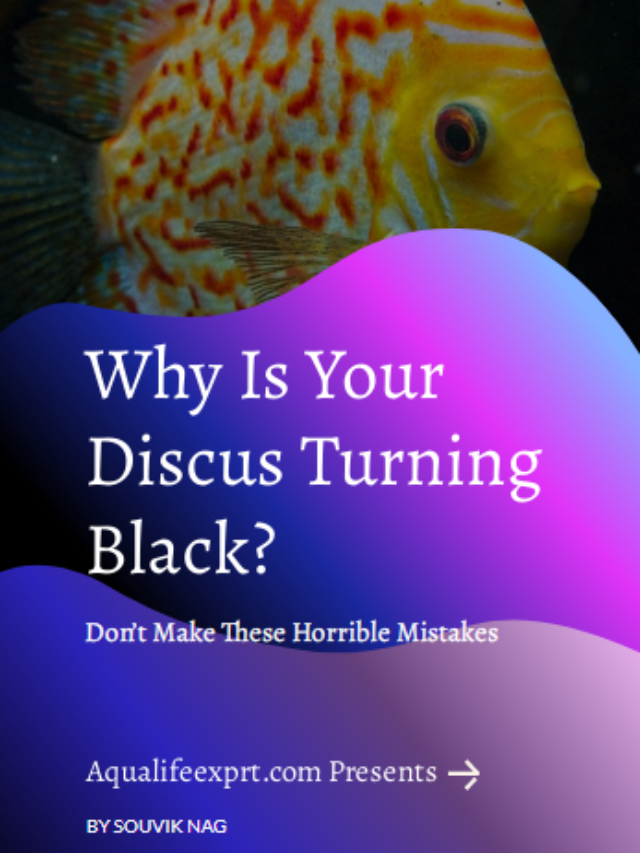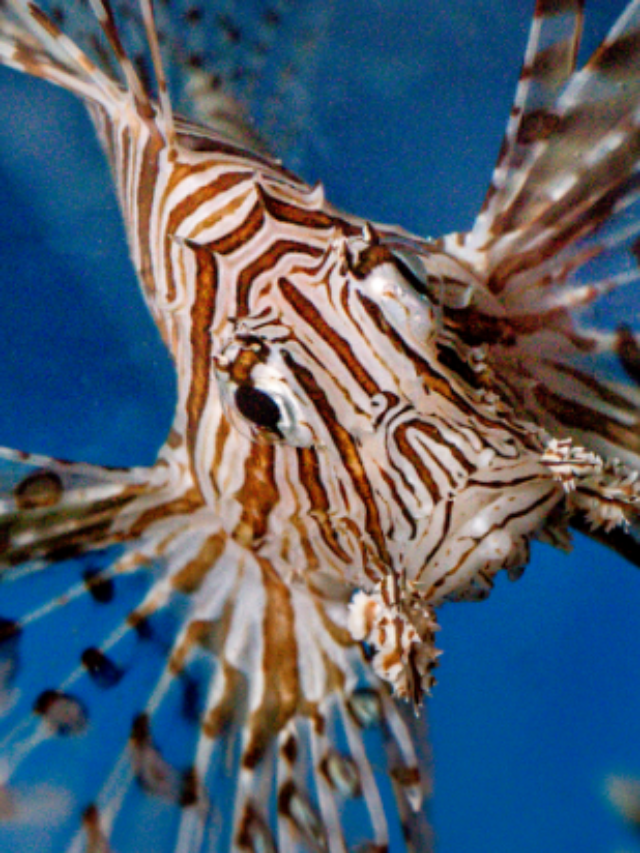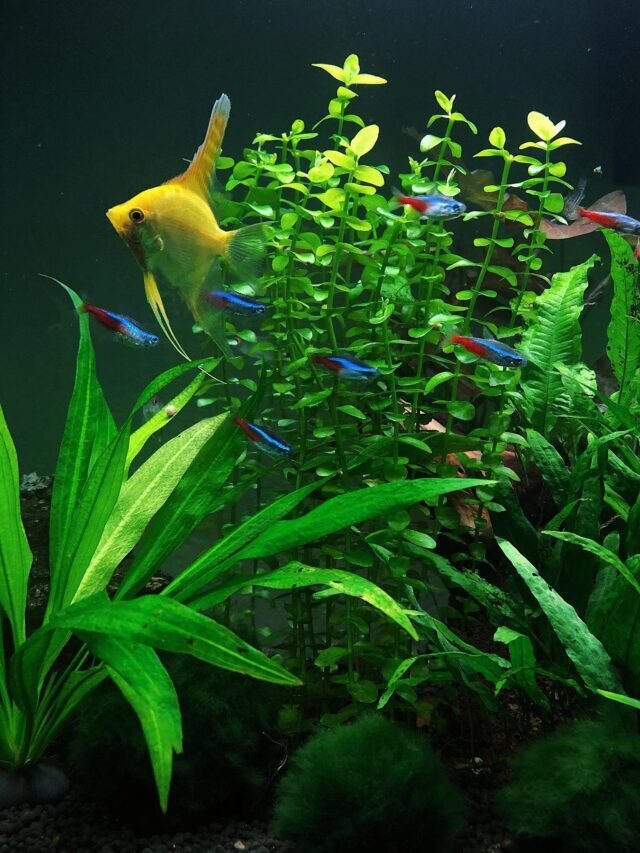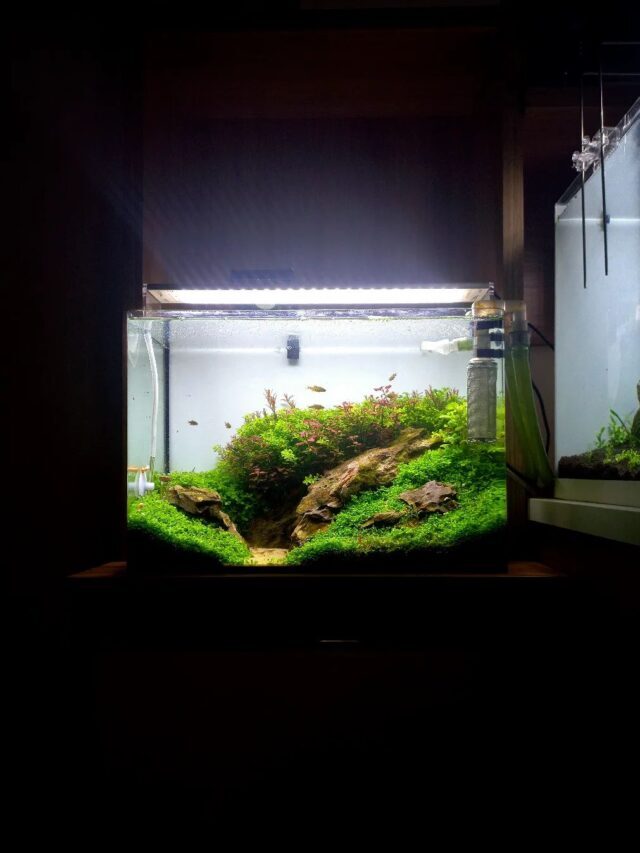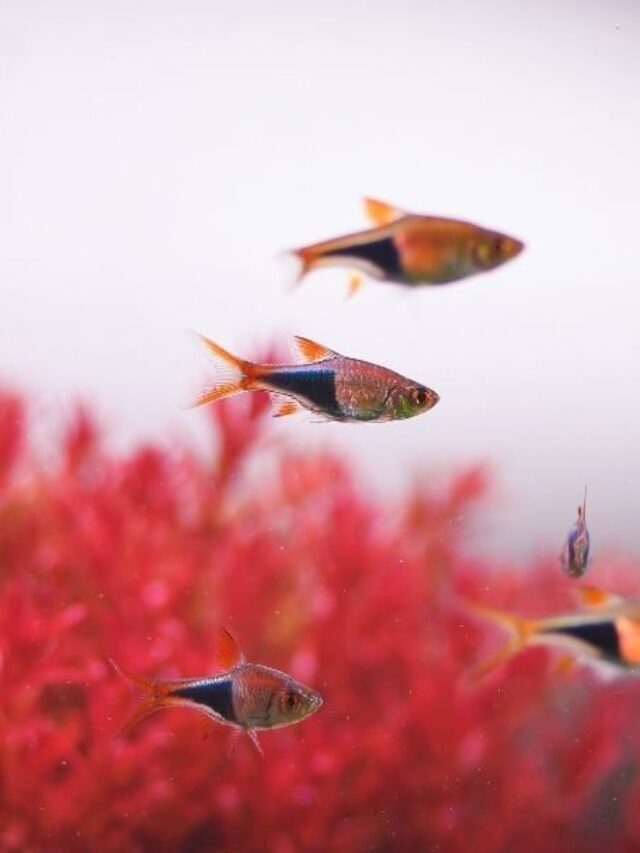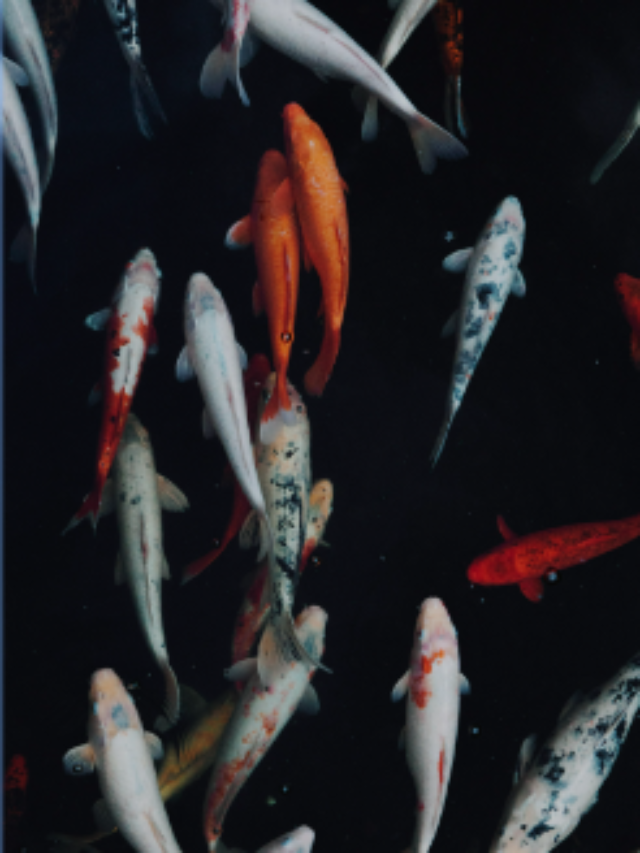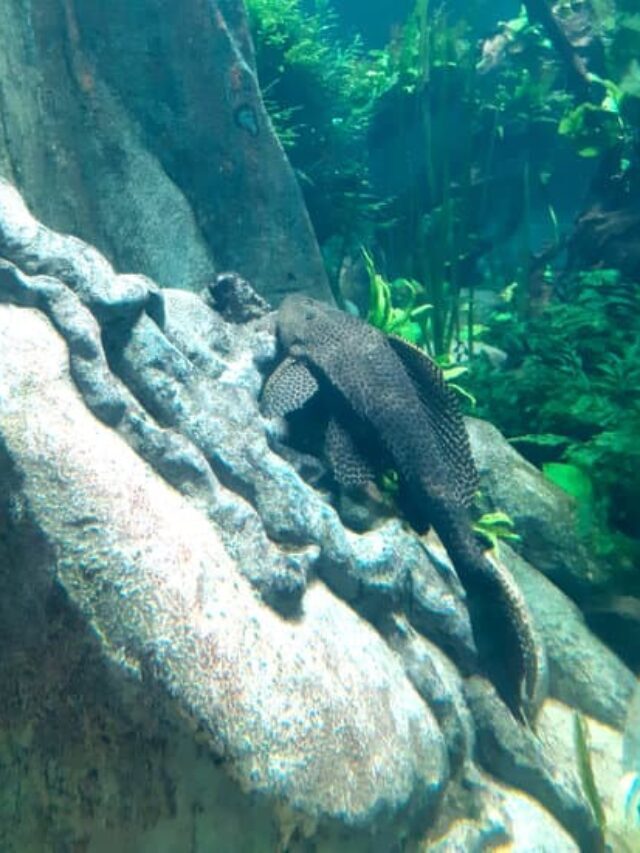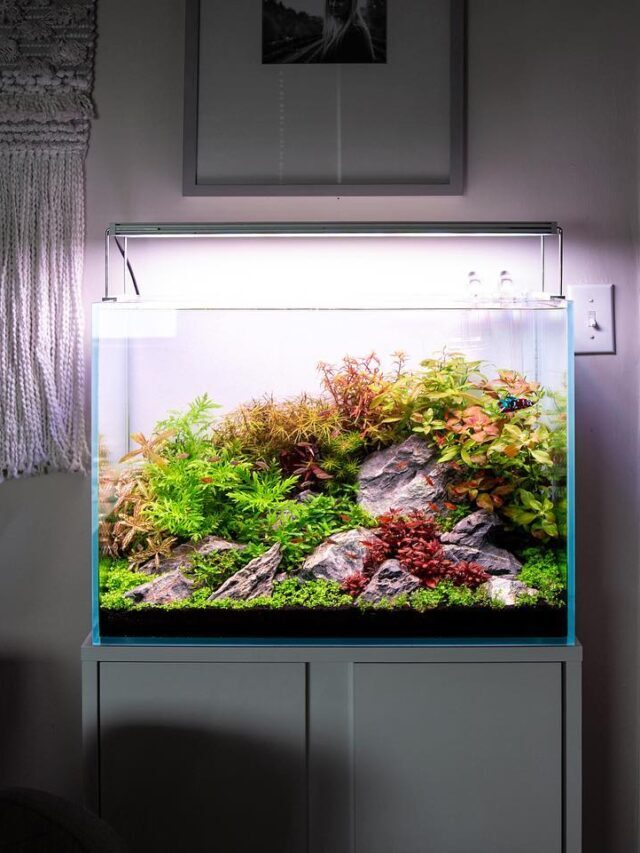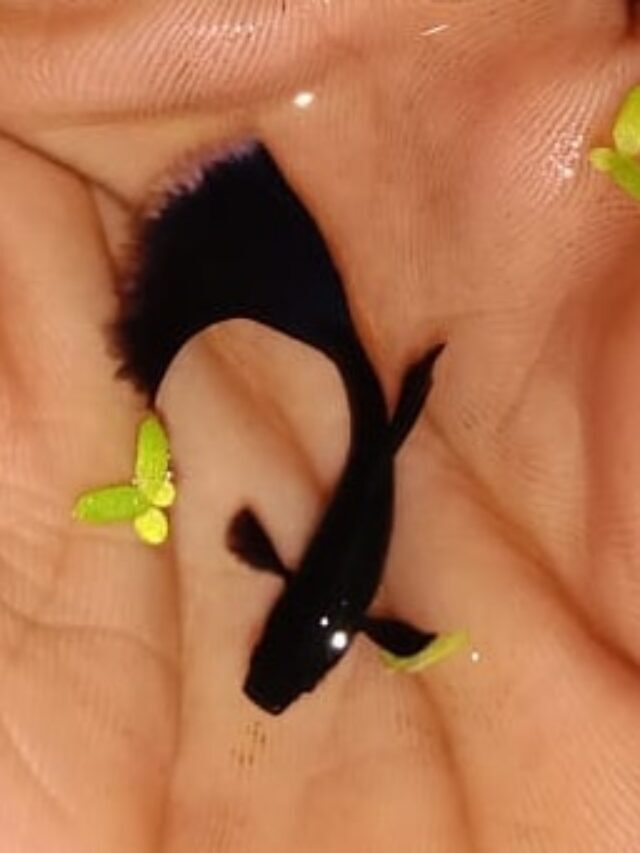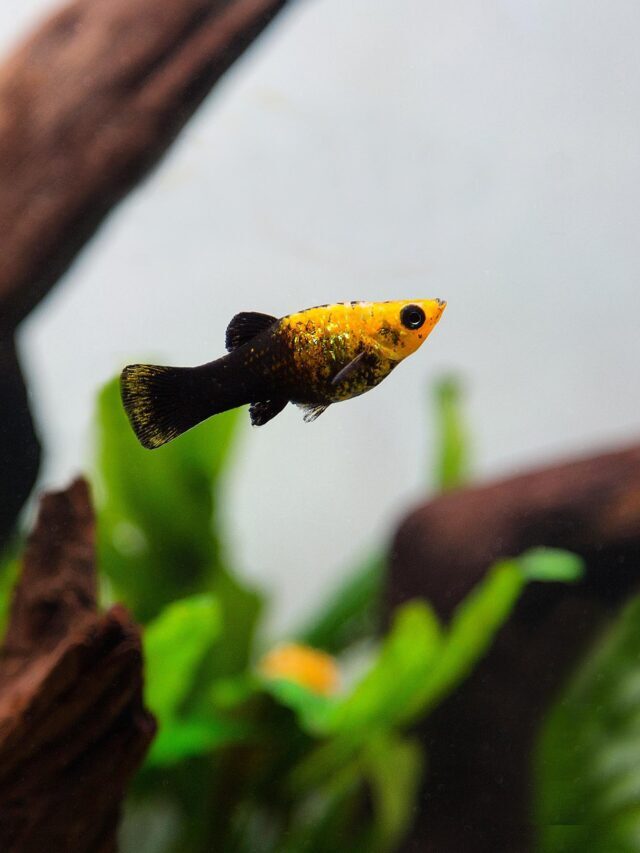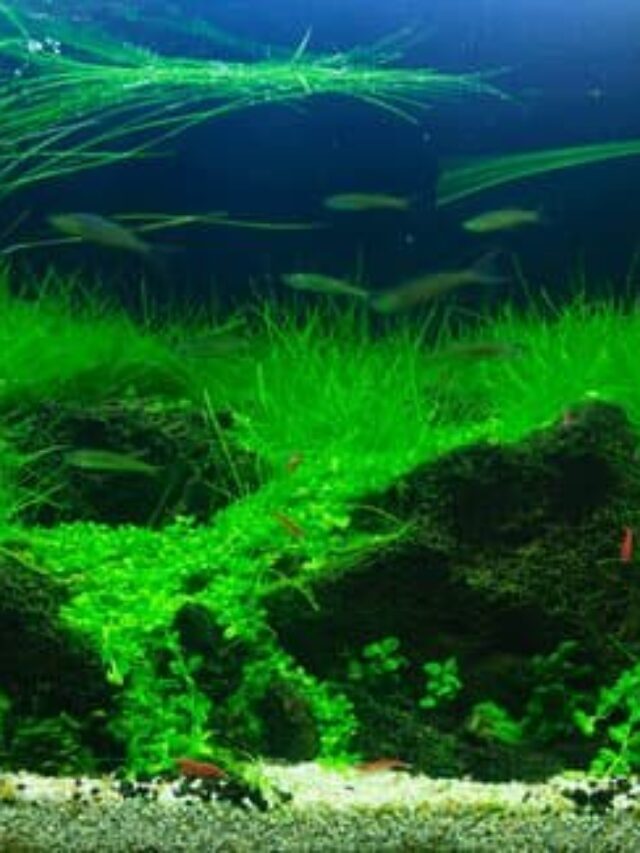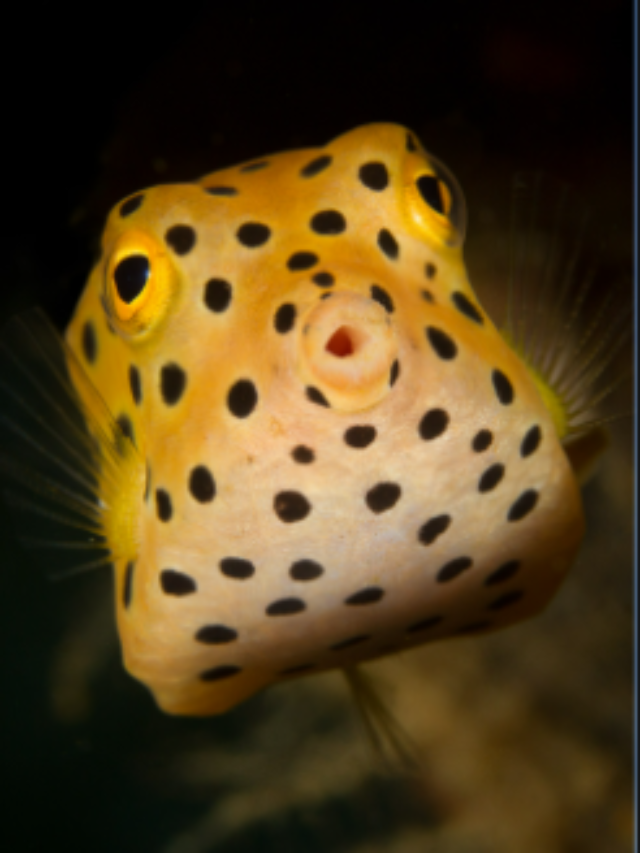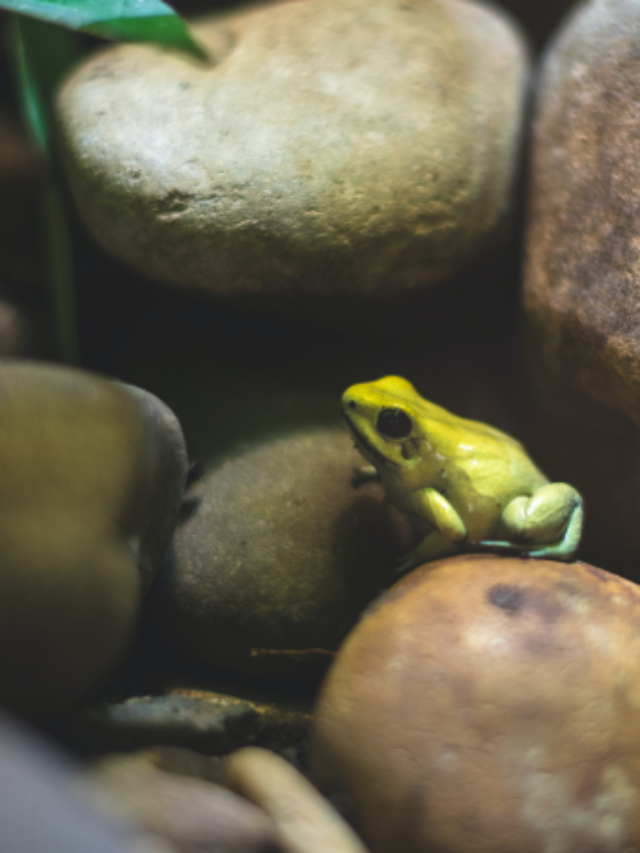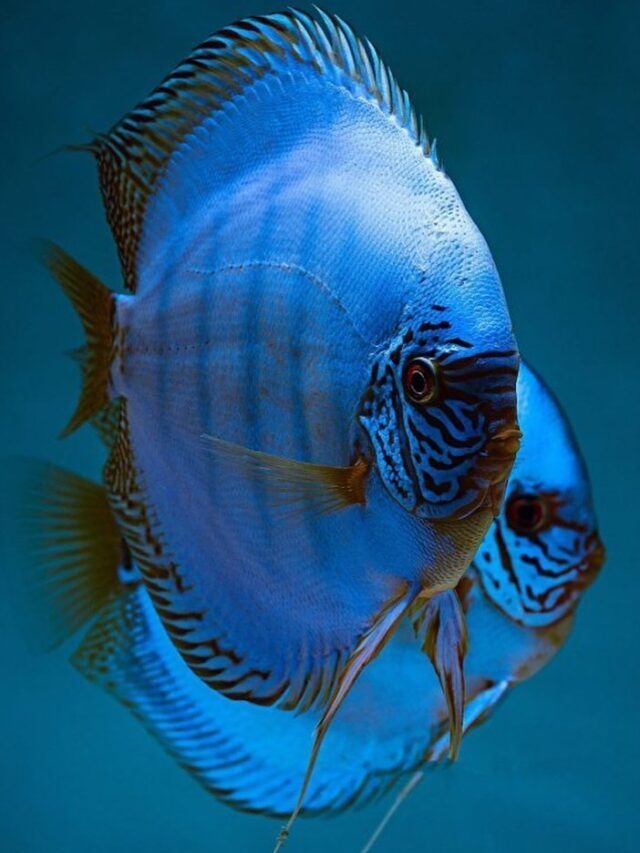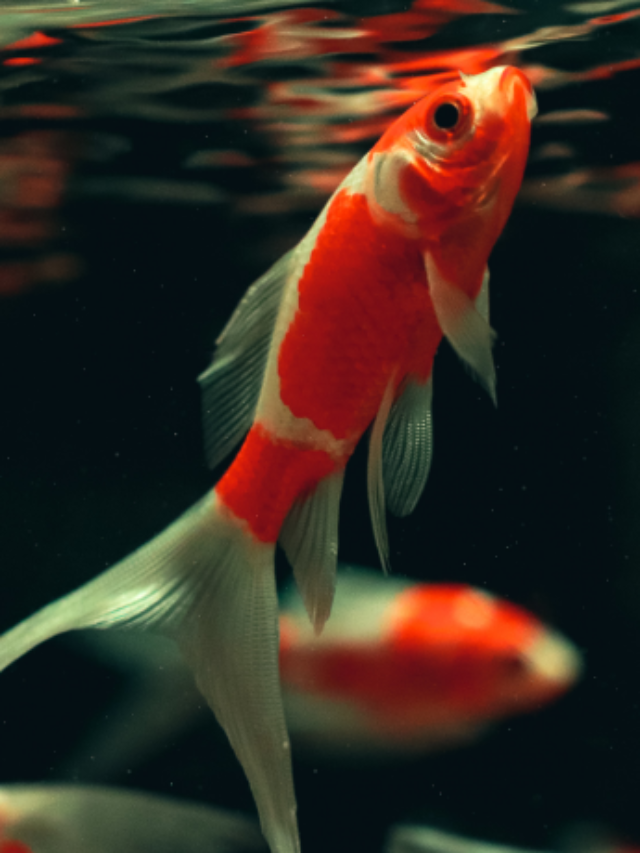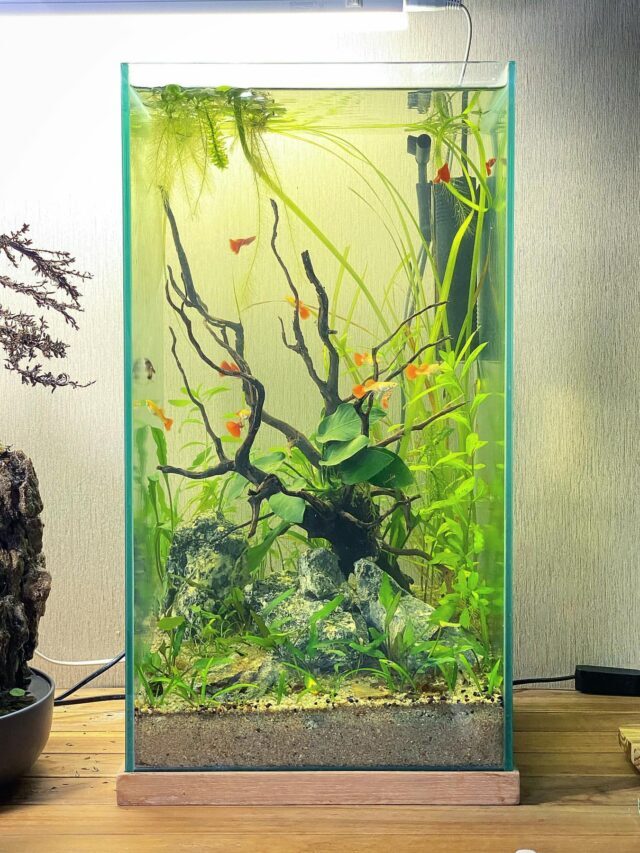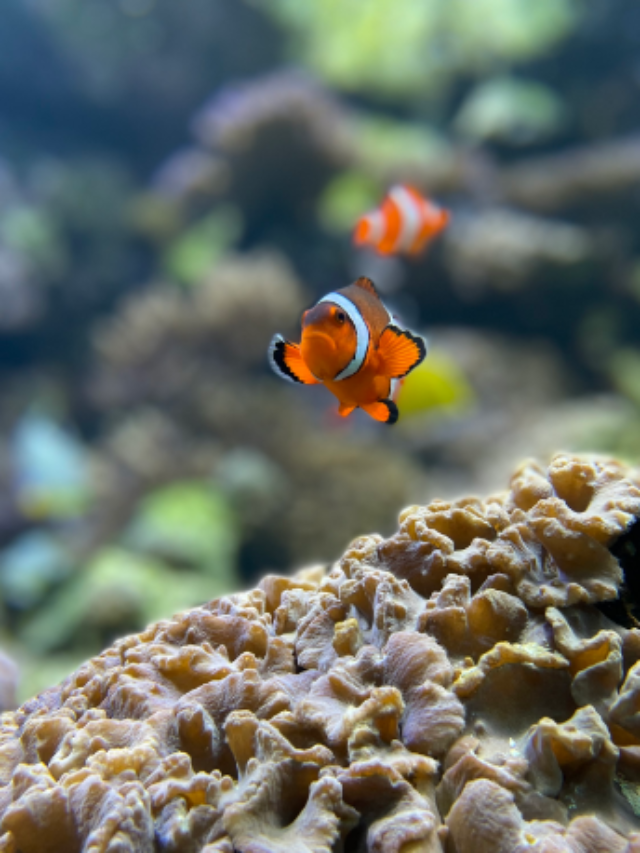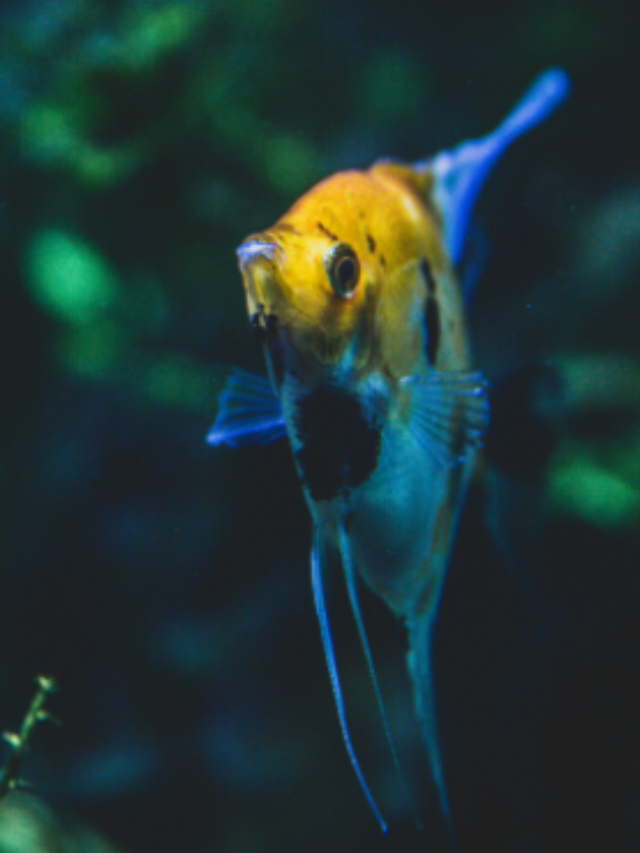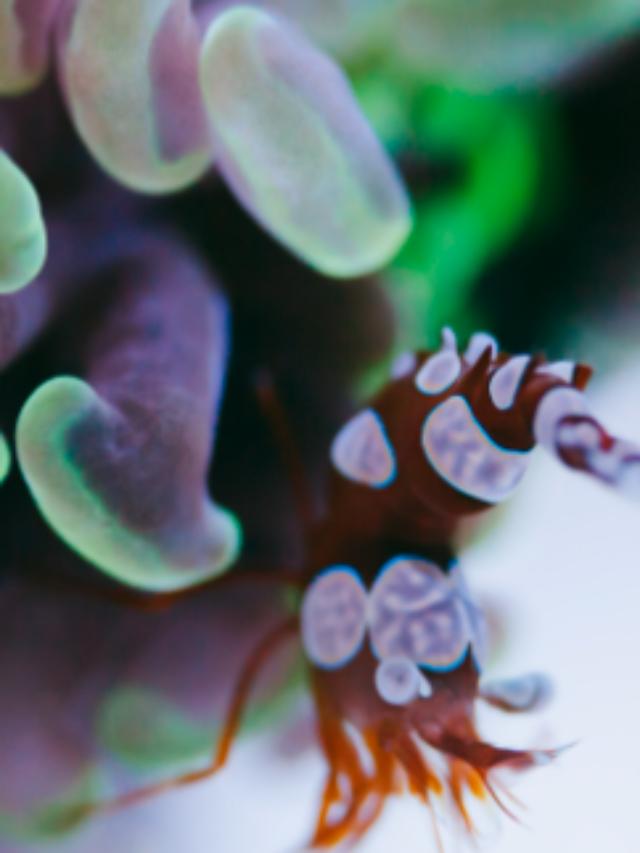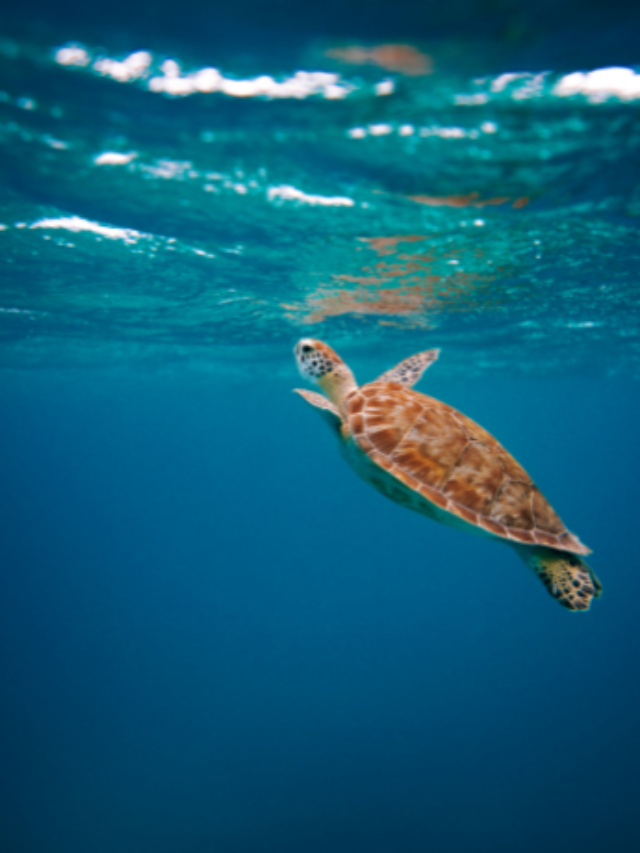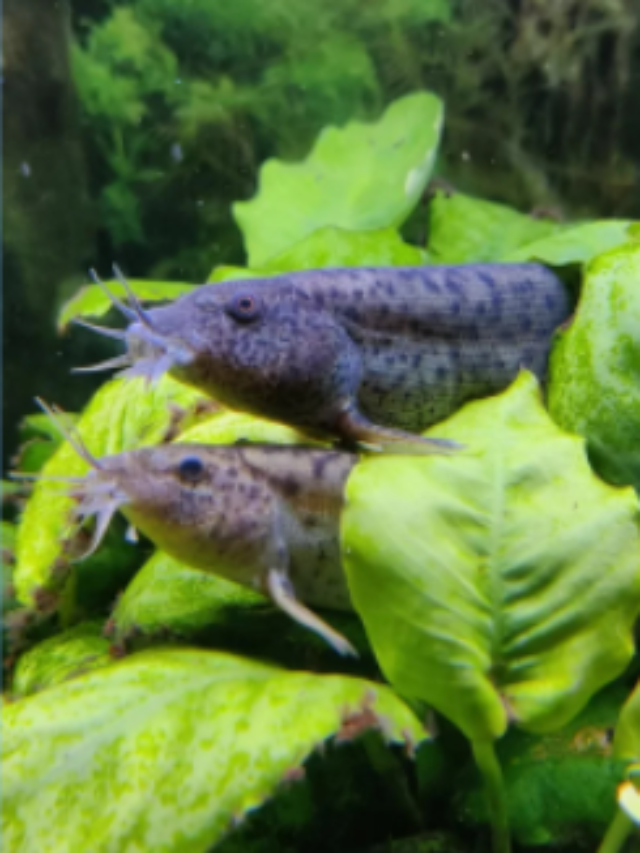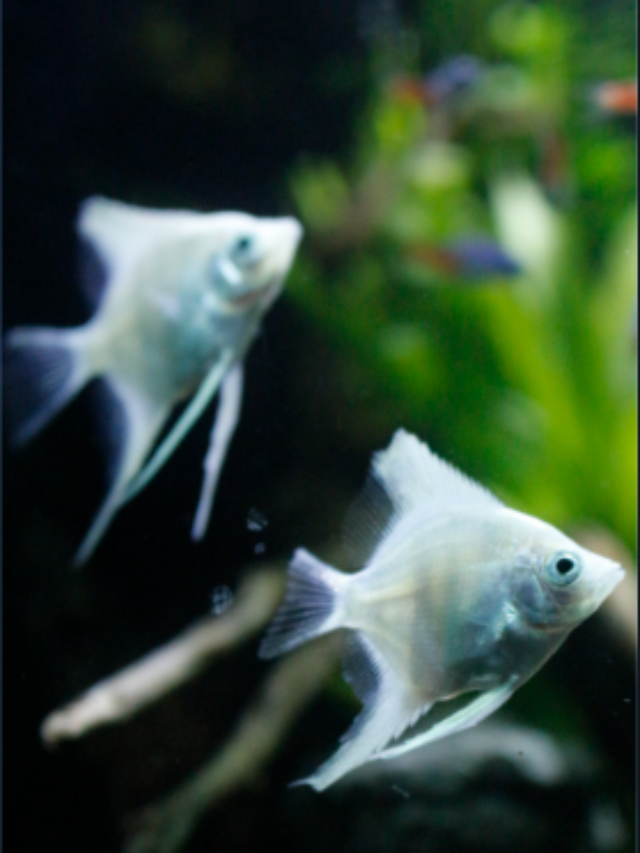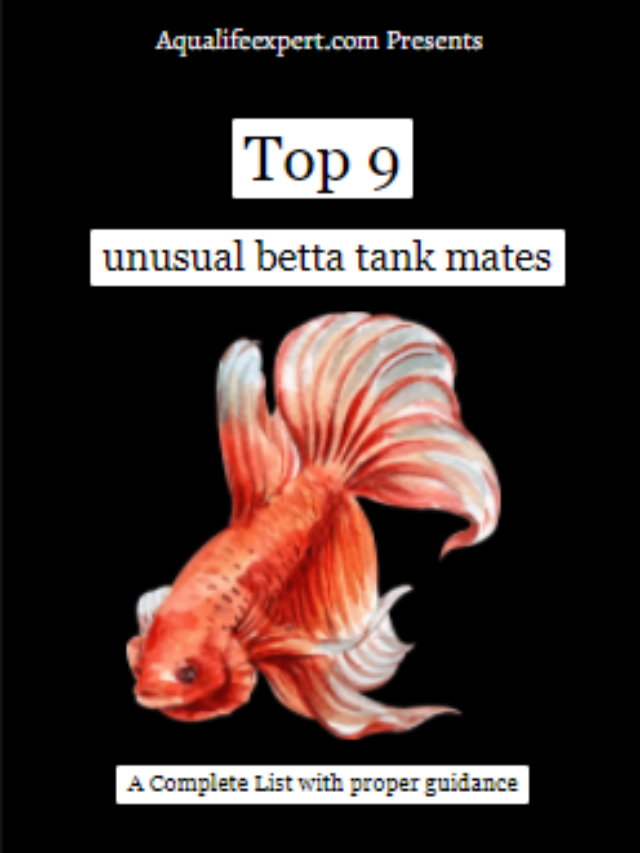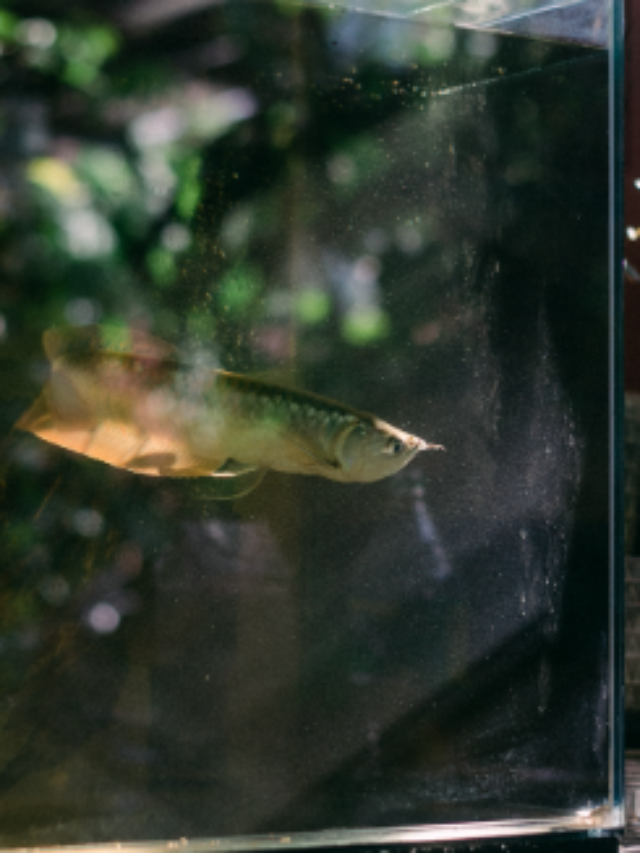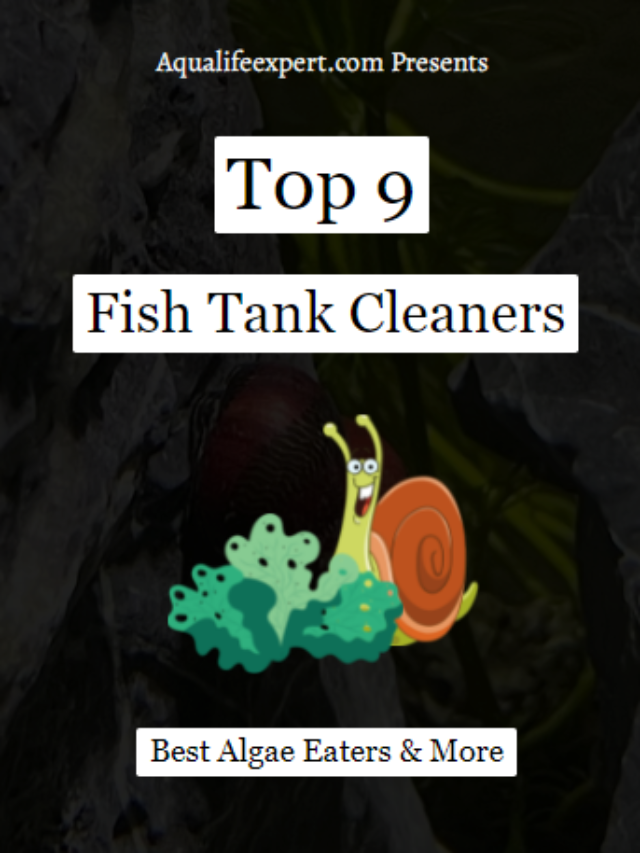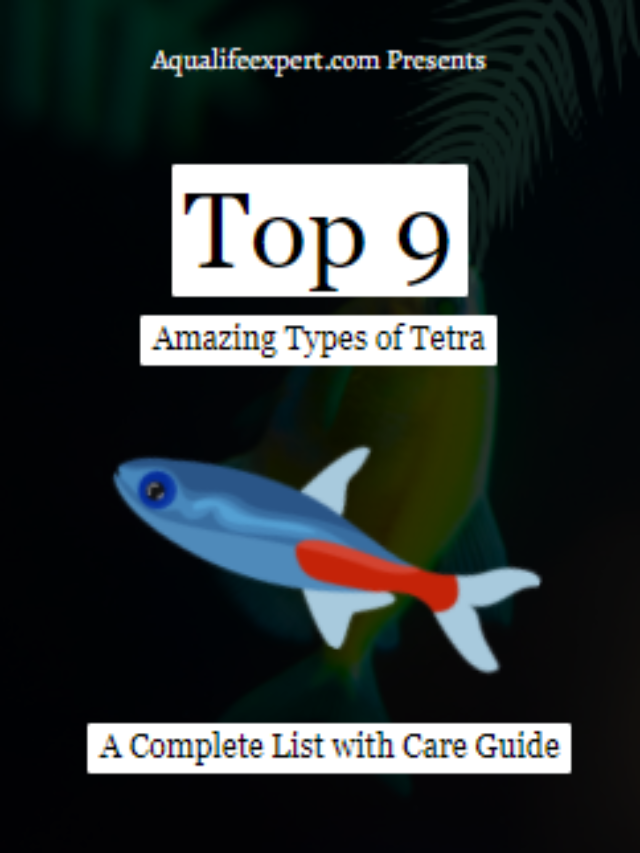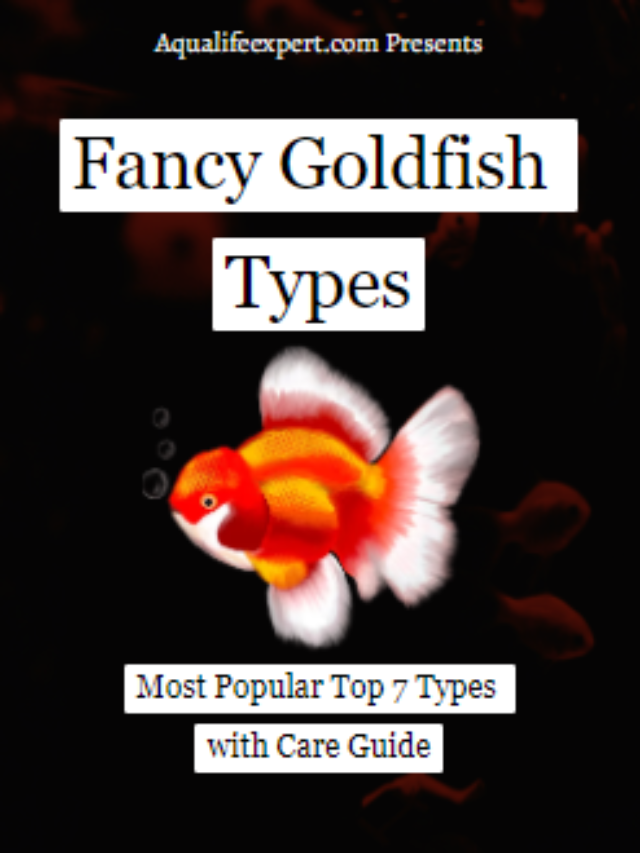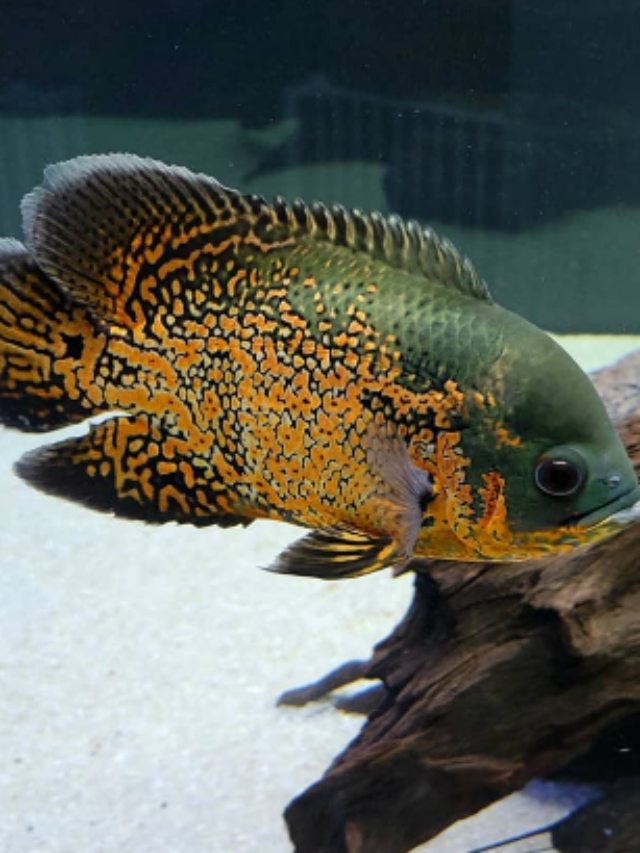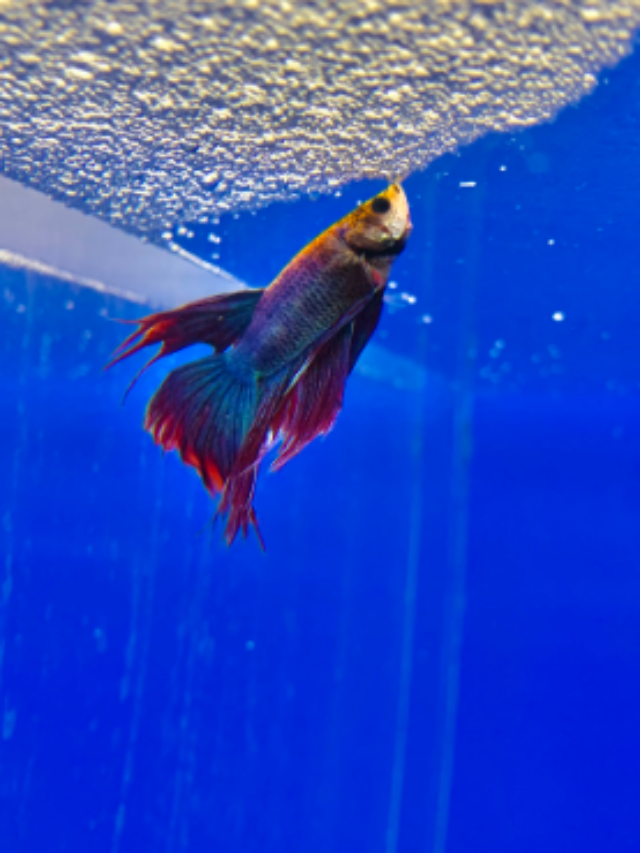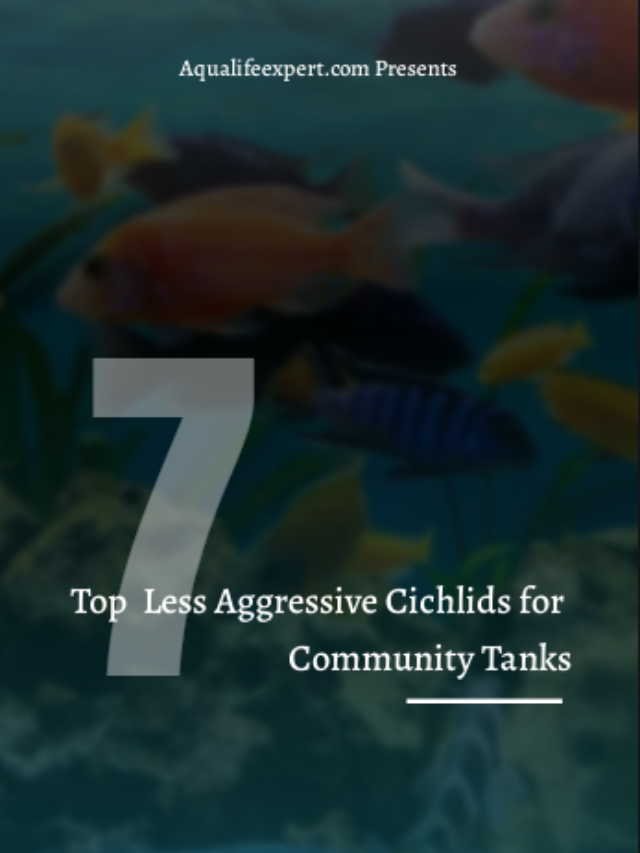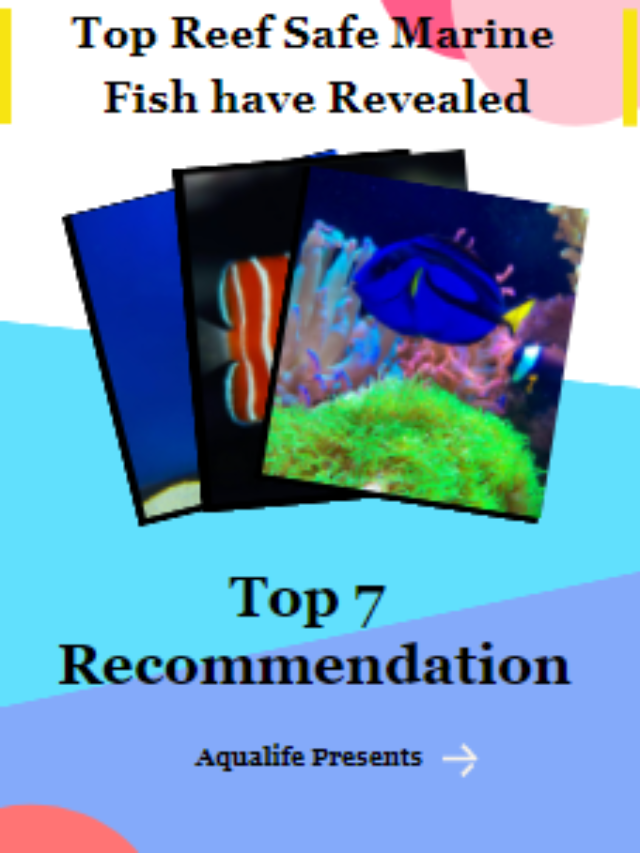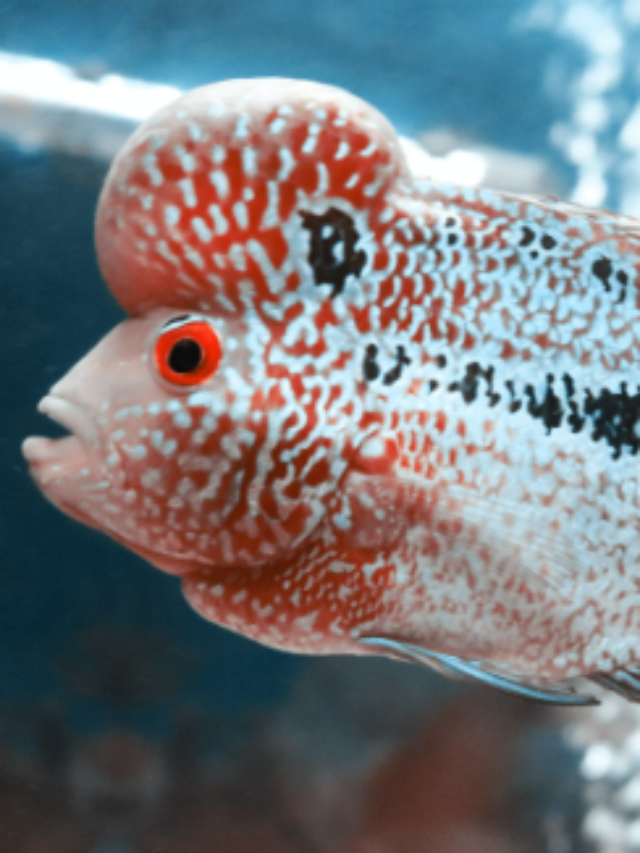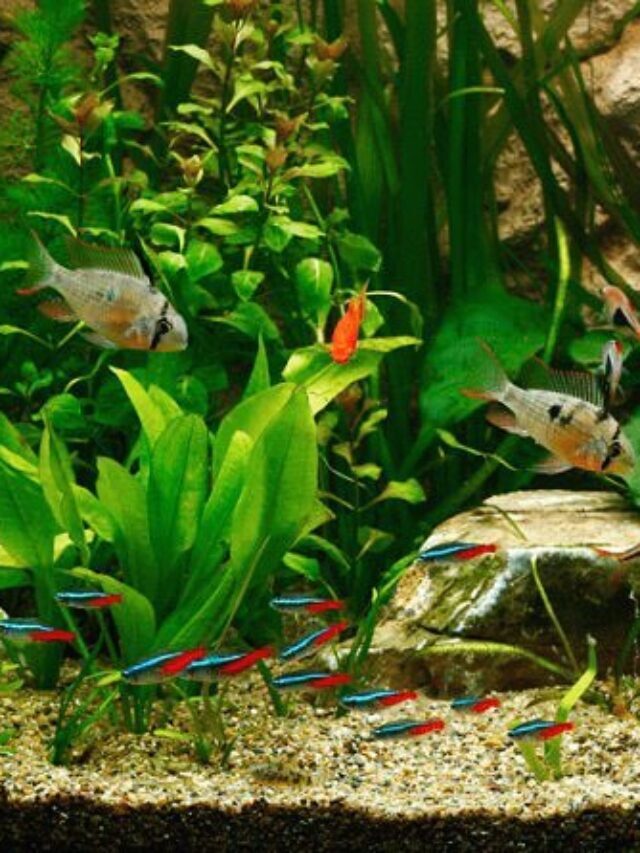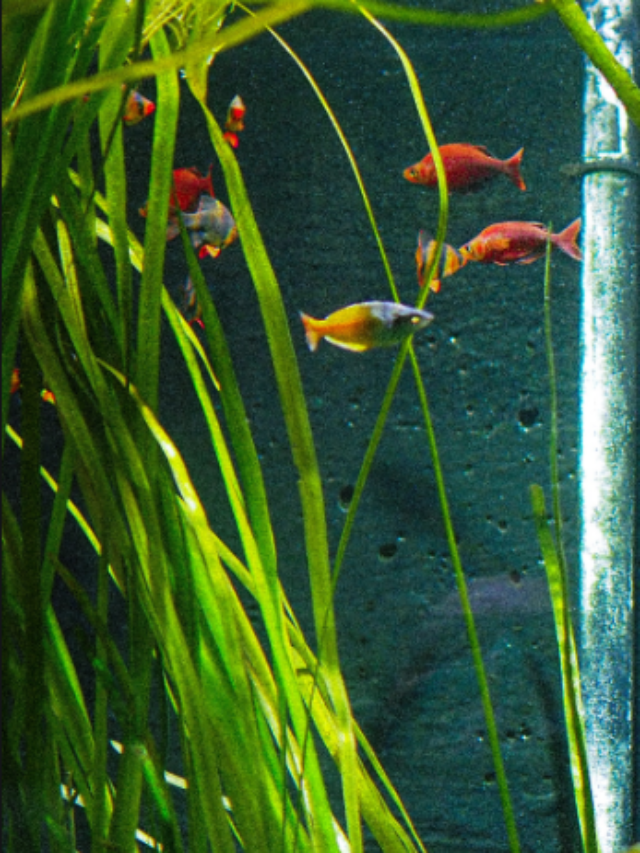Do Planted Tanks Need CO2? Mostly Asked 5 Concepts Have Been Cleared
Check Our Quick Stories
As a basic knowledge, all of us know that plants require carbon dioxide for photosynthesis. So it is difficult to understand sometimes for some newly planted tank hobbyists whether the planted tank requires CO2 or not.
CO2 works as a supplement for a planted tank. As a whole, 80% of planted tanks don’t require CO2 to thrive. Plants grow very fast if they get CO2 as a supplement. For beginners, it is not recommended to add CO2 in a planted tank. However, for the quick growth of plants, CO2 is needed with the right fertilizers & lights.
Now, these couple of lines may not help you to get the right answer to this question. You must know the other aspects of it to know the actual answer. So without wasting much time let’s dive deep into the topic.
Do all planted tanks need CO2 supplements?
If you have planted a tank does not mean you have to provide CO2 as a supplement. This totally depends on the variety of the plants, light arrangement of the plant & fertilization.
All aquatic plants require CO2 for photosynthesis. All of us know that water, sunlight & CO2 are the main three elements of photosynthesis. Now apparently if CO2 is missing then this process may be hampered & plants start to die off.
Actually, this does not happen because CO2 is soluble in water and it dissolves through surface agitation & from fish. So apparently photosynthesis does not stop.
Now, if you choose plants with a high growth rate then you don’t require to add CO2 to your planted aquarium. For example, Amazon Sword, Amazon Frogbit, Water Wisteria, Marsilea Hirsuta, Micro Sword, Dwarf Sagittaria, Java Moss are such plants that do not require additional CO2 for their growth.
If you maintain the right water parameters then they will thrive easily. If these plants get CO2 as supplements then you can notice a high growth within a few months. For a beginner, this will create a problematic situation to maintain.
Now, CO2 addition is dependent on the other two factors too. Those are light arrangements and fertilization. If you provide light intensity that is high then you should provide CO2 as a supplement. Otherwise, plants can’t perform photosynthesis well.
Fertilization affects the plants’ growth too. Basic fertilization is recommended for beginners but if you want to vibrant the color of plants then advanced fertilization is required for your tank. At that time much more CO2 is required for the planted tank too.
You must remember most high tech plants can survive in low light, basic fertilization and without CO2. However, if you want to get lush growth of your planted aquarium then adding CO2 in the tank is a must to care for these plants. For example, Rotala colorata, dwarf hairgrass, Eleocharis parvula, Pearl weed, Rotala macrandra are such plants that require CO2as supplements to thrive.
So as an abstract we can recommend do not add CO2 in your planted tank unless or until you can give proper maintenance to it. By getting CO2, the plants (low or high growth both) start growing rapidly and during this time proper pruning is required of these.
It is recommended to provide CO2 as supplements to the high-tech plants to get proper aquascaping. Without CO2, a planted aquarium can’t show the proper lushed growth & vibrant color.
7 easy aquarium plants that don’t need CO2
Some of you aquarists may not want to get the headache of high planted tank maintenance and that’s why it is mandatory to choose some plants that do not require CO2 to thrive. Knowing about these plants is mandatory before building your first planted aquarium. Let’s dive deep into it.
-
Amazon Frogbit
Amazon frogbit is a type of aquatic plant that does not require carbon dioxide as a supplement. This plant is a floating plant & that’s why it can absorb CO2 from the air directly.
This is a beginner-friendly aquatic plant and very easy to take care of. However, you must be careful while changing the water of the aquarium. It is because the amazon frogbit can be rotten if the upper portion of its leaves gets wet. Otherwise, it will be just fine for beginners.
Here you can see the price of this plant on Amazon
Read more:- Are Floating Plants Good For Aquariums? 7 Floating Plants Recommendations
-
Java Moss
Java moss is another beginner-friendly aquatic plant that does not require CO2 as a supplement. This is very common to almost all aquarists. This plant does not require a high intensity of lights & fertilization for its growth. However, you can add fertilizers, CO2 & high intensity of lights to increase its growth rate.
Here you can see the price of this plant on Amazon
-
Micro Sword
The micro sword is such a plant that requires moderate care from an aquarist. This is called a carpet plant. This requires a high light intensity to grow well. Though CO2 is not required for it still you can provide CO2 as a supplement & proper fertilization.
Here you can see the price of this plant on Amazon
-
Dwarf Sagittaria
Dwarf Sagittaria is another carpet type of aquatic plant that does not require CO2 apparently. The growth rate of this plant is very fast. So it is not recommended to add extra fertilization & CO2 as supplements for its growth. This plant is hardy enough & it can tolerate a wide range of water parameters.
Here you can see the price of this plant on Amazon
-
Amazon Sword
Amazon sword is such an aquatic plant that has very big leaves. Despite having a strong light intensity, you should not add CO2 as a supplement for it. Short plants should not be placed under the Amazon sword. Otherwise, those plants will not get proper nutrients to grow.
The care level of this plant is very easy. 2-3 inches of the thickness of the substrate is recommended for the Amazon sword. This absorbs CO2 from water which is exhaled by fish & which is enough for this aquatic plant.
Here you can see the price of this plant on Amazon
-
Marsilea Hirsuta
Marsilea Hirsuta is another type of aquatic carpet plant. The speciality of this plant is it can survive in very low light. However, medium intensity light is recommended for this particular plant.
CO2 as a supplement is not required for this plant. If it gets excessive CO2 then it may grow rapidly and spread all over the aquarium. So do not add extra fertilization, strong light & CO2 as a supplement to it.
Here you can see the price of this plant on Amazon
-
Anubias
Anubias is considered a very popular aquatic plant for aquarists. This is very easy to take care of. This does not require CO2 as a supplement in a planted tank. This can survive in pebbles, driftwood, rocks, soil & sand.
However, proper trimming is required of this plant. Otherwise, it will start growing towards the light. It can propagate too.
Here you can see the price of this plant on Amazon
Read more:- Why does my aquarium plant turn transparent?
How do you add CO2 in a planted tank naturally?
Through surface agitation of the water, CO2 can be added to planted tanks naturally. Airstone or filter can agitate the water surface to dissolve gases like CO2, O2 & N2. In addition, fish & plants release CO2 & it increases the CO2 level in tanks. Organic wastes add CO2 in the tank naturally a little bit too.
Read more:- 7 Best Beginner-friendly Aquarium Plants: Why & when to choose these?
Signs of too much CO2 in a planted aquarium
An average safety limit of CO2 in a planted aquarium is 30ppm (mg/l). Fish & invertebrates will suffocate and die off due to having excess CO2. As initial signs, fish gasp at the water surface. Unconsciousness, poor appetite also may occur due to this. However, plants grow rapidly due to excess CO2 in the tank.
The safety limit of CO2 in a planted tank may change too. This depends on the dissolved oxygen level. If the oxygen level is low in the water column then 30 ppm CO2 will be fatal to fish & other invertebrates.
So it is recommended to add oxygen externally or naturally in the planted tank all the time.
Furthermore, you must shut down the CO2 system at night. It is because plants do not require CO2 if they are not photosynthesizing. Now if you keep turning on the CO2 system at night then the aquarium may become a death trap for living creatures except plants. So try to turn on the CO2 system for 2hours before turning on the lights.
Read more:- Fertilizing Aquarium Plants (Infographics): Basic to Advance
Do fish produce enough CO2 for plants in aquariums?
As a whole, fish & invertebrates produce enough CO2 for low tech tanks. A low tech planted tank consists of some aquatic plants that do not require strong lighting, advanced fertilizers & CO2 as a supplement. However, this amount of CO2 is not enough for getting vibrant colours & lush growth of aquatic plants.
A complete CO2 system for a planted aquarium
To install a CO2 system lots of experts may suggest to you some separate parts of a whole CO2 system. This is a little bit difficult to assemble for beginners. Furthermore, this may cost a little bit extra too.
To solve this issue we are recommending a hassle-free complete CO2 system from Amazon. From here you will get a 2.3-liter capacity carbon dioxide cylinder. You can see the discounted price here.
However, this complete setup will not provide you with a CO2 drop checker. This is mandatory for your planted aquarium because it indicates the CO2 level in the aquarium. If this remains green it means the planted aquarium has the perfect co2 level. The blue color means the aquarium does not have co2 much and the yellow color indicates the excessive co2 level in that planted aquarium.
To purchase the co2 drop checker you can click on this link
So best of luck & happy fishkeeping🐟

